Editorials
– Shargh discussed the political process of hardliners in light of presidential elections approach.
– Aftab Yazd handled the disastrous situation in Aleppo and the possibility of a huge Russian military movement.
Iranian News Roundup
– Tehran’s Juma’a Imam: the United States cannot be trusted
– The American Treasury facilitates transactions in dollar between Iran and the international financial organizations
– The American financial organizations are reluctant to deal with Iran
– South Korea to build two energy stations in Iran
– $58.5 million Iran’s exports to the United States
– Iranians are gripped by diseases
![]()
Shargh newspaper
Lost dominance of fundamentalists
An editorial in Saturday’s Shargh newspaper draws a picture of the future political course of Iran’s fundamentalist lobby. The editorial says that mainstream fundamentalists in Iran cannot exercise political action without having full domination of all platforms of power, which it asserts necessitates the fundamentalists accelerating their attacks on Rouhani during the remaining few months before the 2017 presidential election, in pursuit of seeing their candidate in the presidential seat.
Should the fundamentalists’ choice of candidate lose in this election, the article continues, they will be working to hinder the success of Rouhani’s policies over the next four years. According to the editorialist, mainstream fundamentalists see the prospect of a second Rouhani term as working out in one of two ways. According to the first possible path, Rouhani would pursue a path of political development and revive civil institutions, increasing the space for freedoms, as it was prevalent in the era of Khatami, hoping to attract the silent majority to the electoral fray in favor of the reformists and moderates, while separating politics and economics. Through this policy, according to the fundamentalists’ logic, Rouhani’s government would generate further problems rather than resolving them. The second possible path, meanwhile, is to make the economy the focus of his policies, with Rouhani more likely to follow this path because expanding freedoms and strengthening civil society organizations proved to be a disastrous policy during Khatami’s presidency, ending in disaster on a democratic and human level.
The editorial concludes by asserting that the fundamentalist lobby is unable to exercise political balance through playing political games and swapping regime roles, but does not want anything other than absolute and permanent control of the system, being unable to digest the reality of losing the dominance, which they enjoyed during the Ahmadinejad era.
Asr Iran Newspaper
We will not follow the same wrong track regarding the Iran–Pakistan gas pipeline known as the Peace Pipeline once again.
An editorial in Saturday’s Asr Iran newspaper criticizes previous mistakes over the implementation of the cross-border gas pipeline between Iran and Pakistan, urging the government to avoid any recurrence of its earlier errors in his project.
Pointing out that Iranian authorities have been planning the Iranian-Pakistani pipeline, known as the ‘Peace Pipeline’, for many years, as a way to export gas directly from Iran to Pakistan and India and later extend this to China, the editorial asserts that the project has stumbled for a number of reasons, including the longstanding tensions between India and Pakistan and the sanctions previously imposed on Iran, along with obstacles created by the United States to thwart the project’s implementation. Due to these problems, it adds, India announced its withdrawal from the project, followed by China a short time later.
Despite these issues, two years after the deadline for the implementation of the pipeline passes, Pakistan will have the right to fine Iran $200 million per month for non-fulfilment of its contractual obligations in the pipeline’s construction and for lack of access to the promised gas until such time as these problems are resolved.
The editorial calls on the Iranian oil ministry to take care not to repeat the same catastrophic mistakes which it made in similar planned projects for the construction of subsea gas pipelines to export gas to the UAE, Oman and India, which are also experiencing the same problems.
The editorial concludes by calling on the Iranian government to introduce clauses in such agreements which mean that the other countries would be bound to meet similar conditions to those imposed on Iran by such contracts, especially since – according to the writer – all these nations have a heavy reliance on the United States and may be influenced by US policy decisions.
To those with any familiarity with the Iranian gas industry, it’s clear that Iran has greatly overestimated its capacity in the field of gas exports and is being massively over-ambitious while lacking the ability to meet its contractual obligations in the agreements it has signed with the aforementioned countries, more especially when its output remains low, particularly in winter, while domestic consumption levels are increasing and export volumes are falling. The same problems have occurred in previous Iranian gas export agreements with both Turkey and the UAE, with Iran using gas export as a foreign policy tool to build diplomatic alliances in order to escape its political isolation while being unable to fulfill its promises and commitments on these agreements.
Aftab Yazd Newspaper
Syria crises between hands of thieves and hypocrites of Moscow and Washington
An editorial in Saturday’s Aftabeyazd newspaper focuses on the horrific situation in Aleppo under relentless siege and targeted by ongoing aerial and heavy artillery bombardment by Russian and Assad regime forces.
The editorial blames that the catastrophe in Aleppo where 275,000 civilians are subjected to frenzied Russian aerial bombardment and ground siege on the Syrian opposition, which it asserts is using the Syrian people as human shields and preventing people from escaping, with the editorialist claiming to be enraged by the opposition’s supposed multiple acts of oppression and outrageous crimes.
The editorial states that the ongoing Russian military operations and transfer of large numbers of Russian fighter aircraft to Syria, along with Moscow’s installation of its S-300 air defense system in Tartous and deployment of massive numbers of Russian troops indicate the start of an unprecedented military operation which will determine the Middle East region’s future.
The editorialist points out that the current moves by Russia have led the United States to warn that the Russian attack on Aleppo will drive the moderate Syrian opposition forces to join extremist groups, asserting that such statements by the US show that it aims to separate the moderate opposition forces from extremist militant groups to make it easier to strike the latter; for example, the editorial adds, the US will not support the option of using “Jabhat al-Nusra” against Bashar al-Assad’s forces in case it needs them in the future.
The editorialist questions whether the major regional and global powers are using the Syrian crisis as a pawn in their negotiations on other issues, which they are at loggerheads over, concluding that unfortunately the answer to this is in the affirmative, with no regional state being exempt from being negatively affected by this crisis. It is bleakly ironic, the editorialist adds, that after the killing of more than 300,000 Syrians, with more than two million injured and 14 million (from a total population of 23 million) now refugees or internally displaced and hundreds of thousands suffering horrendous psychological trauma, Russia and the USA are still pretending that the essence of the crisis is whether or not the “Jabhat al-Nusra” should be classified as a terrorist group.
![]()
♦ Oil talks between Iran and Austria
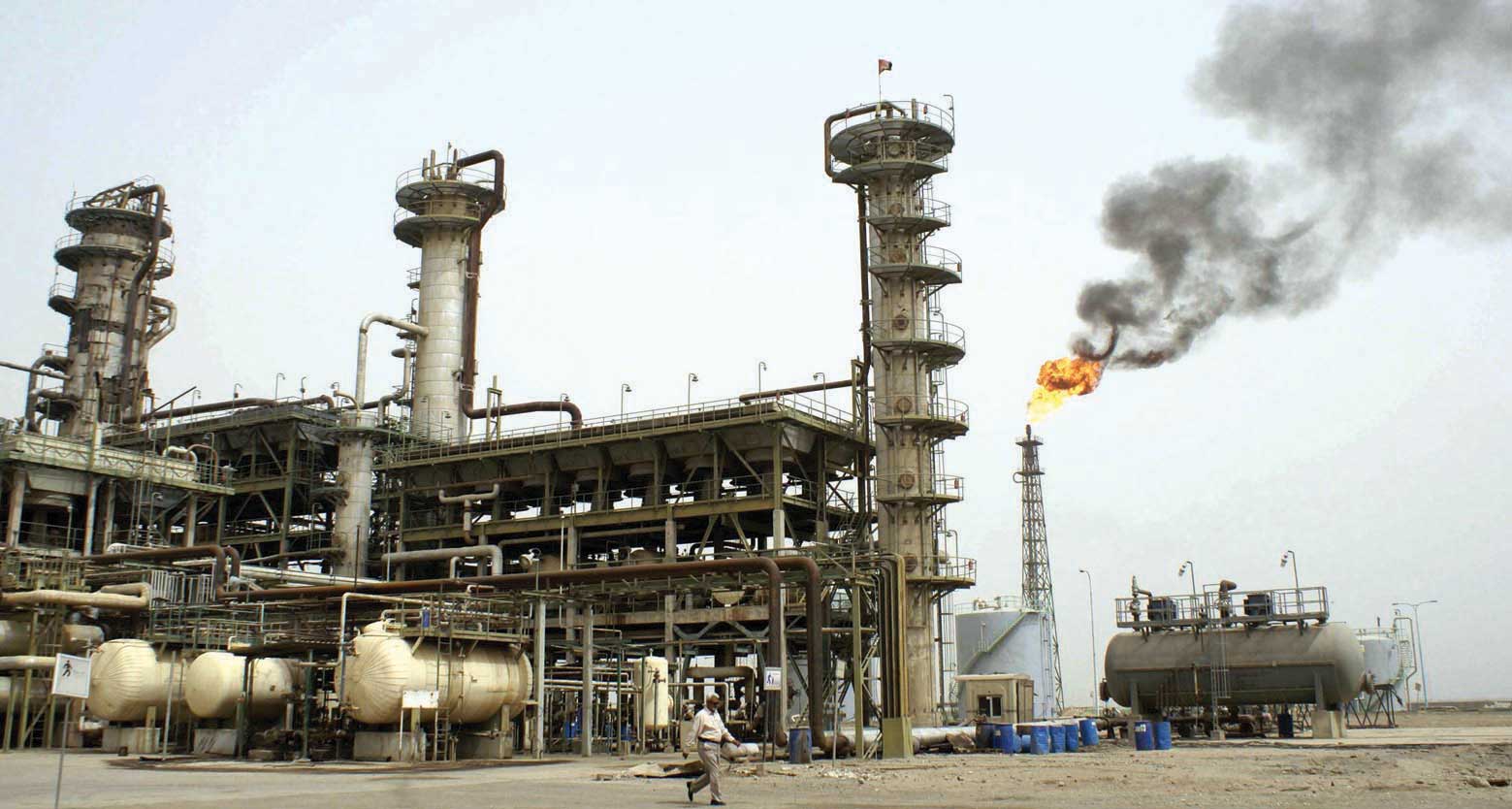
International affairs director in the Iranian National Oil Company, Muhsin Ghamsari said that Iran held talks to sell crude oil to Austria. Both countries have signed a long-term agreement, and one million barrels of crude oil have been shipped to Austria, Ghasemi added.
Source: Abrar Eghtisadi Newspaper
♦ South Korea to build two energy stations in Iran
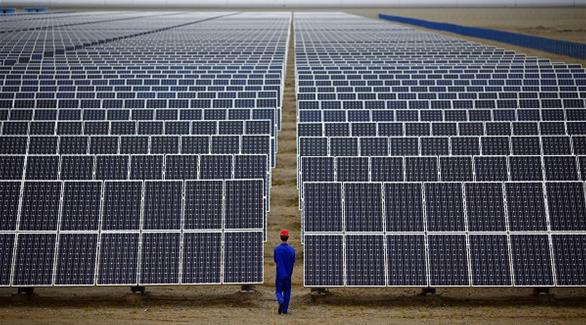
Iran and South Korea have signed a deal worth $800 million to build two energy stations in Iran; one is solar and the other is a wind plant. According to the agreement, the plants are to be built at Mil Nadir and Fasa districts in Fares province and are supposed to be finished in fifteen months. The first contract states that Korea is to build a 100-megawatt wind plant for $220 million in Mil Nadir on 100 acres, while the other is a solar energy plant for $600 million to generate 200 megawatts in Fasa to the south of Shiraz city.
Source: Abrar Eghtisadi Newspaper
♦ The free zone boosts Iran’s exports to Russia to one billion US dollars
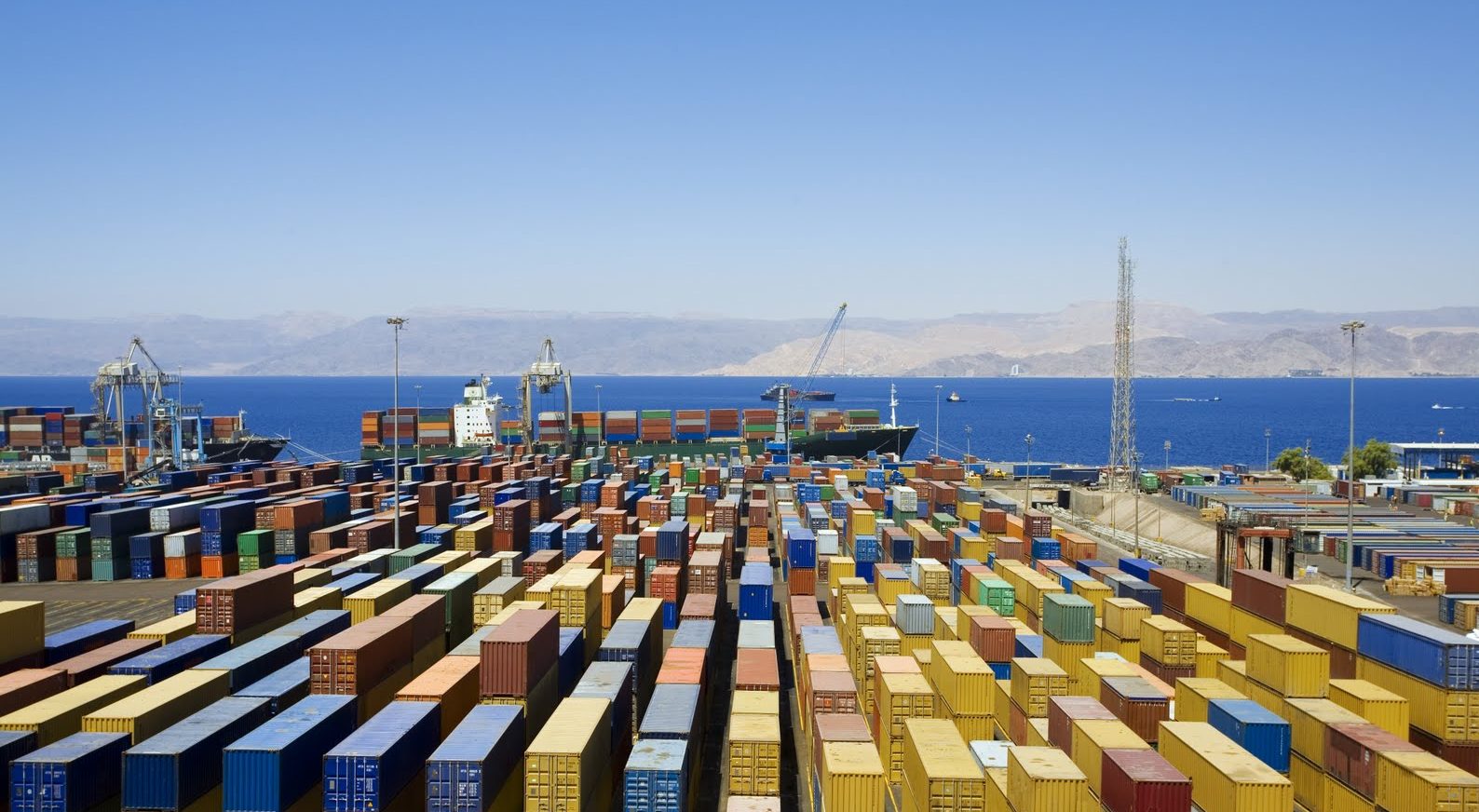
Ardabil governor, Majid Khadabaksh said that Iran’s exports to Russia will jump to one $billion after the establishment of Ardabil free trade zone that will contribute to a trade boom between the two countries.
Source: Abrar Eghtisadi Newspaper
♦ Decline in trade exchange between Iran and America
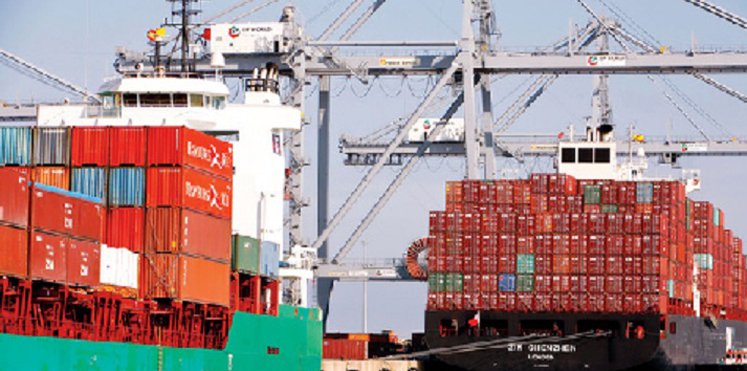
During the first eight months of the current year, the Iranian exports to America amounted to $58.5 million, while the Iranian imports from America amounted to $108.5, representing 2% decline in trade exchange between Iran and the United States in compare with the same period of last year.
Due to the signing of the nuclear deal, the United States has permitted the importation of some Iranian products such as carpets, saffron, peanuts, and caviar to its markets.
Source: Abrar Eghtisadi Newspaper
♦ Iranians are gripped by diseases
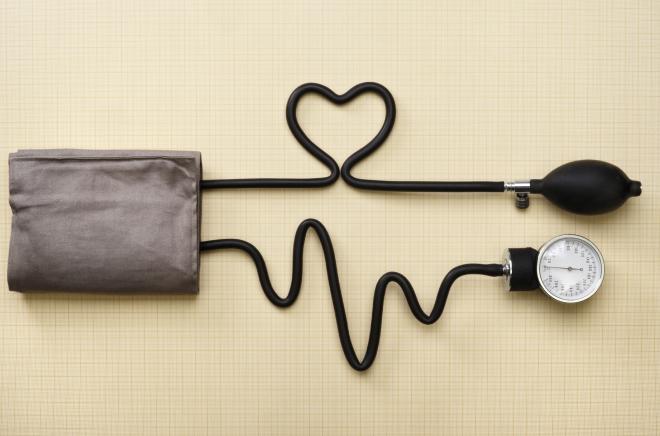
Statistics of the Iranian Ministry of Health showed an increase in diseases rates in Iran; 30% of the 55 years old and above have blood pressure, 57% of Iranians above 40 are exposed to stroke and heart attack, 40% have cholesterol, 25% have diabetes, 67% have obesity, 20 thousand people have thalassemia, 650 thousand have cancer, 44 thousand have kidney diseases, 38% of deaths result from heart diseases, 300 people die every day because of heart diseases, and 2.5% increase reported in the thyroid cancer resulting from opium consumption.
Source: Shahravand Newspaper
♦ America facilitates transactions with Iran

In response to the Iranian complain about the United States violations of the nuclear deal, the American Treasury passed a new decree to facilitate transactions in dollar between Iran and the international financial organizations, but has made a condition for these transactions to not enter the American financial system. The decree also stated that all Iranian companies run by people included in the American sanctions to be closed down.
Although the nuclear deal, the American sanctions are still active on some Iranian companies. The U.S. has announced that some of these sanctions will continue due to the Iranian missile program, human rights violations, and support of terrorist groups.
Source: Farda Radio
♦ Tavakoli: If we do not fight corruption, Iran will fall
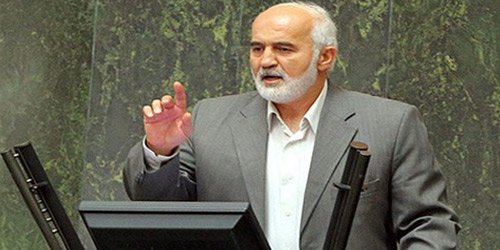
Former MP, Ahmed Tavakoli, in a TV talk show, handled some critical issues on the Iranian political scene such as fighting corruption, Municipality’s properties, and the inflated salaries. Tavakoli added that he has a close relationship with Amly Larijani and is pleased with his performance, asserting that the only criticism to the chief of the judiciary is his unrelenting with the media.
Tavakoli also said, “Iran is ruined by systematic corruption, corrupt people are now in decision-making positions and work in favor of themselves rather than the country.”
He continued, “Iran cannot fall down by military offensive and no way is a coup likely to happen due to the social components of Iran, but if the government does not fight corruption, the republic will be overthrown.”
Source: Shargh Newspaper
♦ Two Iranians arrested in Kuwait
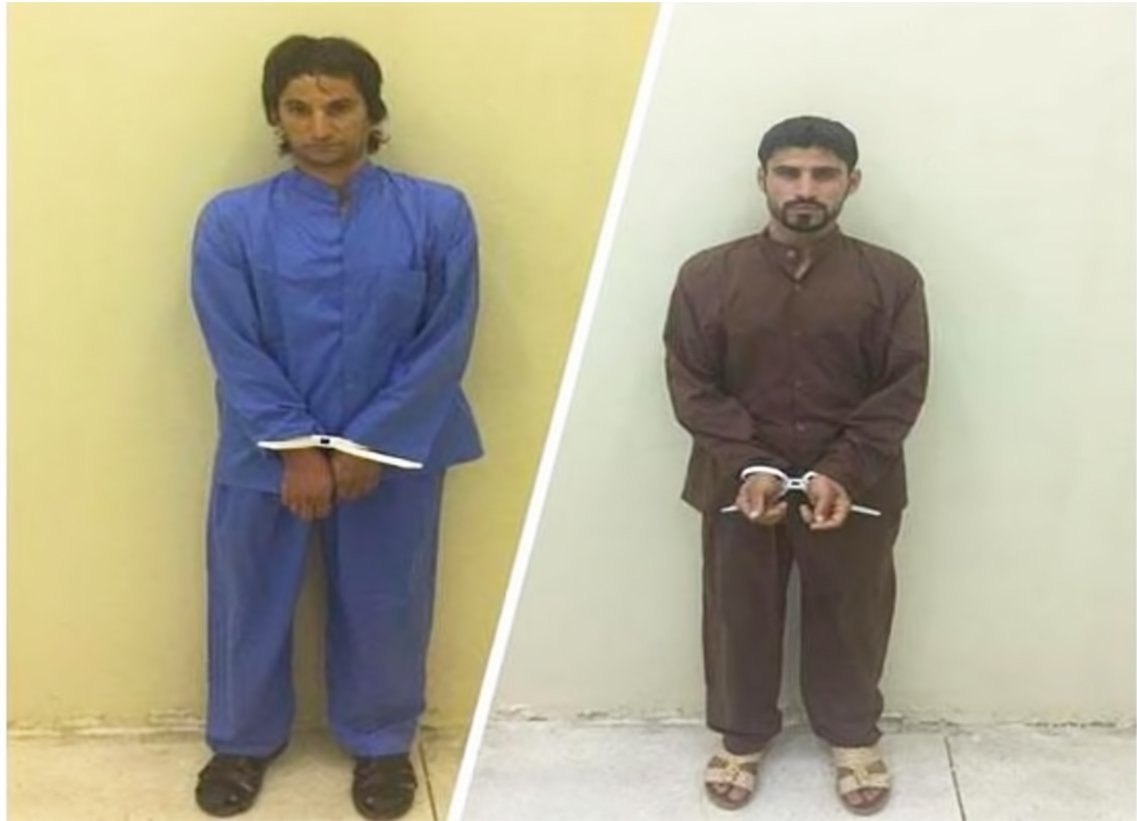
The Kuwaiti Ministry of Interior has arrested two Iranians for picturing a Husseiniah in Houli Province and other sites. The ministry announced that they entered the country separately two months ago, and suspicious pictures were found on their phones. The announcement also stated that the two Iranians are being investigated by the Kuwaiti authorities that will take all necessary legal actions against them.
On the same issue, spokesperson of the Iranian Minister of foreign affairs, Bahram Ghasimi said that they have not received any official information about the two Iranians arrested in Kuwait and he knew about it on the media, asserting that the ministry will follow up with this issue.
Source: Fares News
♦ An “Experts” member: No use of working with America
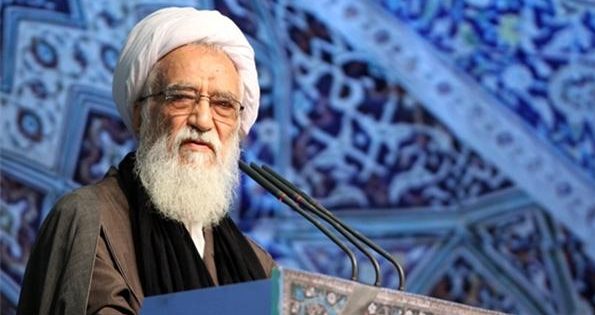
Tehran’s Jum’a Imam and member of the Assembly of Experts for the Leadership, Mohammed Ali Moahidi Kermani said that working with the U.S. is useless, criticizing those who fear America and follow its policies. He noted that Washington can do nothing but making obstacles, stressing on self-reliance and guarding the home front of Iran.
Kermani also referred to Khamenei’s ideas about the resistant economy, urging all officials to use all capabilities to achieve this plan and meet all country’s needs.
Source: Wifaq Newspaper.
